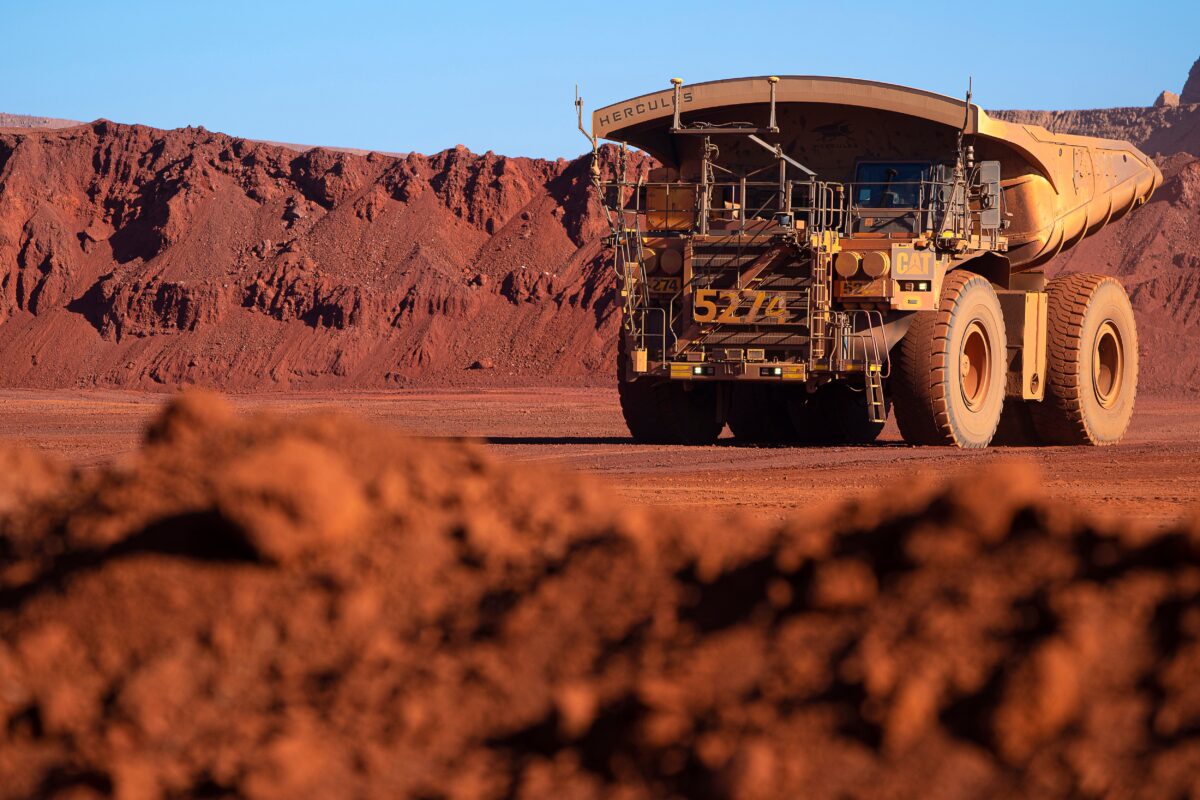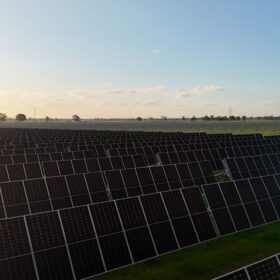Australia-headquartered miner BHP announced it has signed memorandums of understanding (MOUs) with Chinese battery manufacturers CATL and FinDreams Battery (FDB), a fully owned subsidiary of BYD, to collaborate on battery development for heavy mining equipment and rail locomotives, and fast-charging infrastructure across its mining operations.
BHP Group Procurement Officer Rashpal Bhatti said the collaborations aim to identify pathways to further enable the decarbonisation of the miner’s operations and support a more sustainable resources sector.
“This relationship is a further step towards BHP meeting our decarbonisation ambitions for our operations and helping to drive transformative change within the global resources industry,” he said.
“By joining forces with industry leaders [like BYD and CATL] we are seeking solutions to help shape a more productive and more sustainable resources industry of the future.”
BHP said it will work with CATL and BYD to jointly investigate powertrain battery solutions for heavy mining equipment and locomotives, and rapid-charging infrastructure. They will also explore battery recycling options, leveraging BHP’s copper operations to enhance recycling processes and create sustainable value chains in the mining sector.
BHP will also investigate opportunities to use BYD’s electric commercial and light vehicles across its operations as part of its diesel displacement strategy.
The initiatives form part of BHP’s medium-term goal to cut its operational emissions by at least 30% by 2030 from 2020 levels, and its long-range ambition to reach net-zero Scope 1 and 2 emissions by 2050.
This content is protected by copyright and may not be reused. If you want to cooperate with us and would like to reuse some of our content, please contact: editors@pv-magazine.com.









By submitting this form you agree to pv magazine using your data for the purposes of publishing your comment.
Your personal data will only be disclosed or otherwise transmitted to third parties for the purposes of spam filtering or if this is necessary for technical maintenance of the website. Any other transfer to third parties will not take place unless this is justified on the basis of applicable data protection regulations or if pv magazine is legally obliged to do so.
You may revoke this consent at any time with effect for the future, in which case your personal data will be deleted immediately. Otherwise, your data will be deleted if pv magazine has processed your request or the purpose of data storage is fulfilled.
Further information on data privacy can be found in our Data Protection Policy.